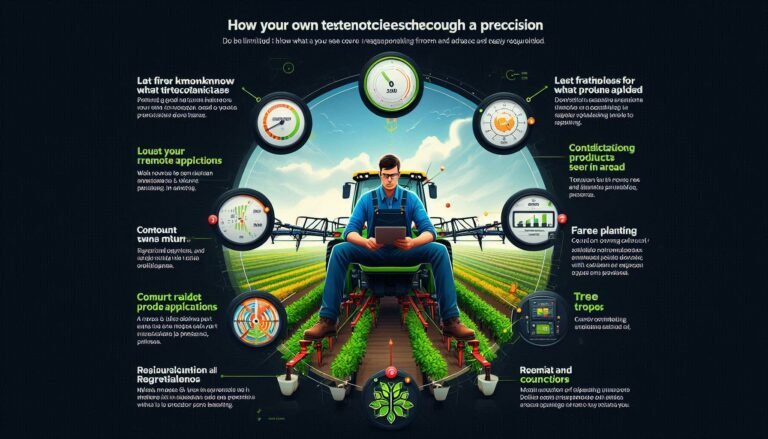
Introduction: The Evolution of Quality Control
In today’s competitive manufacturing industry, maintaining top-notch quality control is essential. PrecisionIQ’s AI-powered solution is transforming how manufacturers handle quality control processes, significantly minimizing defects and improving overall product quality. By integrating advanced AI technologies with real-time production data, PrecisionIQ enables manufacturers to detect defects early, predict potential issues, and continuously refine their processes for better results.
The Limitations of Traditional Quality Control
Traditional quality control methods, while foundational, have their limitations. They often rely on human inspectors, who, despite their expertise, can overlook minor defects, especially when managing large volumes of products. This reliance on manual processes can lead to higher defect rates, increased costs, and customer dissatisfaction.
Moreover, traditional quality control is typically reactive. Problems are identified after they occur, making it challenging to prevent defects before they reach the consumer. This approach is not only costly but also inefficient in a fast-paced manufacturing environment.
How PrecisionIQ’s AI-Powered Solution Transforms Quality Control
PrecisionIQ’s AI-powered solution revolutionizes these outdated methods by offering a proactive, data-driven approach to quality control.
Real-Time Defect Detection with AI
PrecisionIQ integrates seamlessly with existing production lines, leveraging machine learning algorithms to monitor the manufacturing process in real-time. This AI-powered solution continuously analyzes data from sensors and cameras across the production line. By doing so, it detects defects as soon as they appear, whether it’s a minor flaw in materials or a more significant assembly error. This immediate detection allows manufacturers to address issues on the spot, preventing defective products from advancing further in the production process.
Predictive Maintenance for Enhanced Efficiency
One of the standout features of PrecisionIQ’s AI-powered solution is its predictive maintenance capability. By analyzing historical data and current production conditions, the AI can predict when equipment is likely to fail. This foresight allows manufacturers to perform maintenance before a breakdown occurs, reducing defects related to faulty machinery and minimizing costly downtime. The result is a smoother, more efficient production line with fewer interruptions and higher-quality output.
Continuous Improvement Through Data Analytics
PrecisionIQ’s AI-powered solution goes beyond defect detection and maintenance. It offers powerful analytics tools that provide deep insights into the manufacturing process. These tools help manufacturers identify patterns and trends that contribute to defects, enabling continuous process improvement. Over time, the AI learns from each production cycle, refining its algorithms to offer even more precise predictions and actionable insights. This continuous learning process ensures that manufacturers are always improving, reducing defects, and enhancing product quality.
The Benefits of Adopting PrecisionIQ’s AI-Powered Solution
Superior Product Quality
By implementing PrecisionIQ’s AI-powered solution, manufacturers can significantly reduce the number of defective products reaching the market. This not only boosts customer satisfaction but also strengthens the brand’s reputation for delivering high-quality goods.
Cost Savings and Increased Efficiency
PrecisionIQ helps manufacturers save money by catching defects early and predicting equipment failures before they happen. This proactive approach reduces the need for expensive recalls, rework, and downtime. The savings generated can be reinvested into the business, driving innovation and growth.
Scalable and Adaptable for All Industries
PrecisionIQ’s AI-powered solution is designed to be flexible and scalable, making it suitable for manufacturers of all sizes and across various industries. Whether you’re in automotive, electronics, or consumer goods, this solution can be tailored to meet your specific quality control needs.
Looking Ahead: The Future of Quality Control with AI
As AI technology advances, PrecisionIQ’s AI-powered solution will continue to evolve. Future enhancements may include more sophisticated machine learning models, integration with emerging technologies like the Internet of Things (IoT), and improved user interfaces for easier data interpretation. PrecisionIQ is not just addressing today’s quality control challenges; it’s a solution built to meet the needs of tomorrow’s manufacturing industry.
Conclusion: Embrace the Future of Quality Control
PrecisionIQ is setting a new standard in quality control. By leveraging its AI-powered solution, manufacturers can detect and address defects before they become costly problems, ensuring only the highest quality products reach consumers. With the potential for cost savings, improved product quality, and enhanced efficiency, PrecisionIQ’s AI-powered solution is a must-have for any manufacturer looking to stay competitive in the ever-evolving manufacturing landscape.